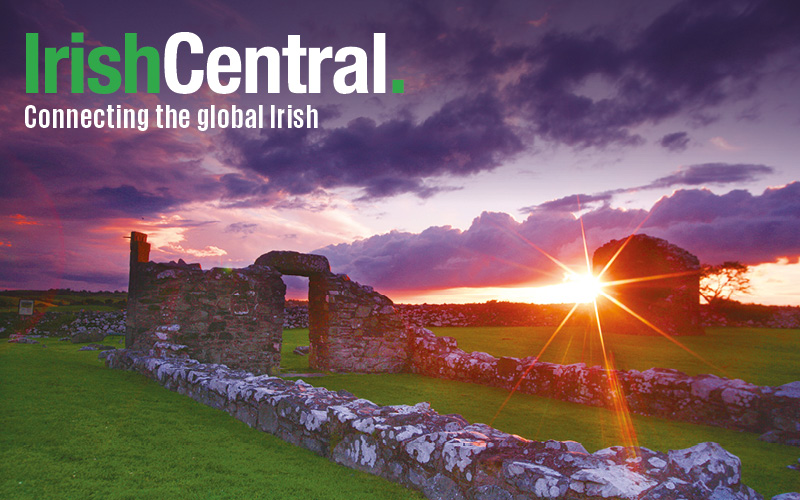| Initiation into the Catholic club |
You're a paid up member of the club by the time you can even say "christening", and once you arrive at secondary school, Catholicism is so deeply embedded with ceremonies that contain a large social element and weekly reinforcement, that it will stay with you for the rest of your life, no matter how your views evolve.
You have to hand it to them - it's a pretty successful strategy.
It's a principle we could do with using a bit more. When you get people interested in a topic at a young age and convey a subject's importance early, the better it is for their development, especially if they get to actively participate in it and feel they can shape what goes on.
And at the moment, there is scarcely anything more important than making sure young people get to use their talents, have their opinions heard and get a chance to shape the world around them.
A campaign for the voting age to be reduced to 16 is currently gathering momentum, with a recent conference in Dublin dedicated to it as well as a nascent Facebook support page.
Lowering the voting age is laudable in and of itself - it absolutely makes sense that young people get to have their say on issues like national debt and climate change, especially since it's their generation that will have to deal with the brunt of hothouse fiscal compacts.
But without a massive corresponding overhaul of the way we approach civics and politics in the classroom and beyond, it would almost be like throwing good votes after bad.
A civics class might seem like 35 minutes you'd much rather be spending anywhere else, but it's a subject that is so much more than dry stats.
Giving young people the chance to have a say and a hand in local policies and decisions like health services, education and public amenities makes enthusiastic citizens of them from an early age, and responsible ones too.It stands to reason that young people will have more interest and respect for an initiative if they've helped set it up, or indeed set it up by themselves.
The more often young people do these projects, the better they get at them, the more beneficial public service as a concept becomes to them, the more established and valued youth participation becomes in the wider community. Apathy then has to up sticks and try somewhere else.
But just as important as embedding the concepts of citizenship locally through visible projects and action is a reimagining of how we deal with national and international politics. Nobody would ever say your opinion on music is invalid if you didn't know all the instruments in an orchestra, yet politics as a topic of discussion often has a kind of snobbish high cordon around it, a minimum qualification stipulation. It needs to be taken down.
Whether people think of them as such or not, everyone has political opinions - the key is to make that as relevant and interesting as possible, and give context as to where their ideas fit in the world.
I've run myriad courses over the years designed to do just that with youth groups of very different stripes and every time I do I'm astonished at the level and enthusiasm of debate.
For example, a simulated cabinet I ran with the teenagers of the Donegal Youth Council passed a budget that dramatically increased health and education spending, resolved that nuclear power was not a viable energy source and forsook hosting a major sporting competition to invest in rail networks, all within a few hours. Give young people that chance to talk and take action and watch them fly.
In the Catholic Church, expert HR people that they are, Confirmation is the sacrament that gives the chance for 12-year-olds to reinforce for themselves something their parents did for them at birth.
The secular world too needs to build a foundation for young people, all young people, to be able to participate fully in their communities and make the changes they wish to see, for themselves and for others.
That way, by the time they come to vote at 16 they'll not only be ready, they'll be able and willing too.




Comments